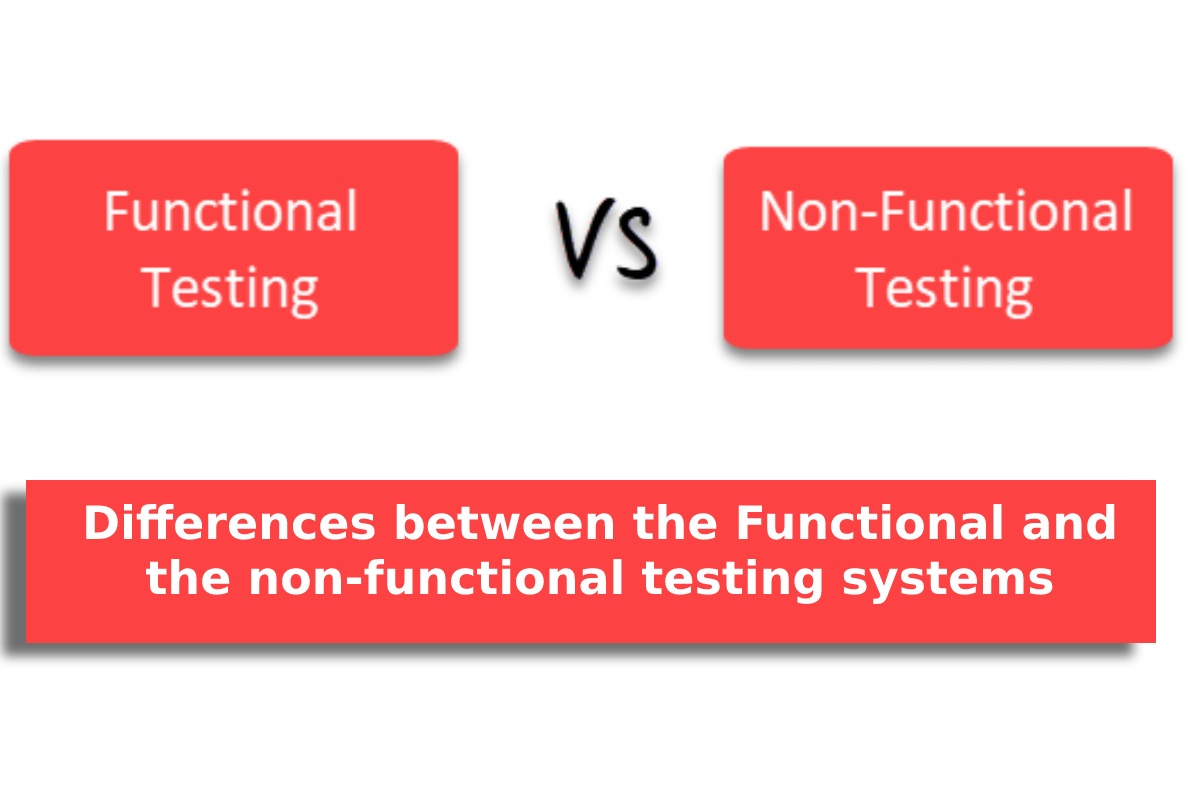SAFeAgilist – Larger organizations are more resistant to change. They tend to move slower as compared to small, nimble competitors. The reason behind this can be deep-rooted cultural issues of being a well-established organization. Bureaucracy can be another reason behind this slow movement.
The Scaled Agile Framework (SAFe) is a powerful tool that can be used by organizations to overcome all issues that negatively affect project success. It makes the organization more agile so that the deliverables can reach the market quickly.
This is the reason leading organizations want their employees to undergo SAFe agile training. In this training, you will be taught how you can use agile in product development.
Why Scaled Agile Framework?
Today the world is changing very fast. Every day or the other there are some innovations. If you buy a smartphone today, it will become outdated within months if not weeks. Traditional methods followed by organizations are no longer able to adapt to these changes.
Having said that organizations that understand that change is inevitable, and they must prepare themselves for this, are going to succeed.
To develop software systems, you must keep up the pace as well as product quality. This is where SAFe comes into the picture. It allows you to create high-quality products in less time. SAFe allows you to become leaner and more agile to change. You can better cope up with the changing demands of all the stakeholders.
Benefits of SAFe
SAFe agile certification is very important for any employee in large organizations. SAFe helps large organizations to leverage the greater benefits of Scrum and Kanban. They will be able to manage projects with more agility. Stakeholders would be able to get feedback faster. This faster engagement improves job quality and productivity.
Here are some strategies to ace this training:
- LEARN EVERYTHING: This is a short training, so you should understand every concept they are teaching. You cannot miss out on anything. This training will be useful beyond the four walls of the business community. You will be taught many life ethics as well. So, you must understand everything. If you miss any topic, it can prove to be a very big burden in the future.
- USE PRACTICAL EXAMPLE: Make sure that your trainer provides practical examples while teaching you about SAFe agile. This will help you to retain the information better. You will also be able to better understand the concept. StarAgile is a giving safe agilist training in Hyderabad who specializes in this direction. They will make sure that you understand the concept as well as its usage in real life. This way you will reap greater benefits of the training.
- PLAN THINGS IN ADVANCE: Planning is very important for success in any field. You must plan things. Plan how you are going to complete this training. Plan how you are going to take out time for this training.








